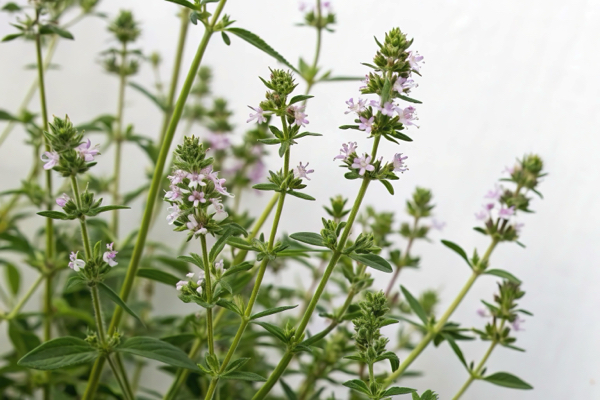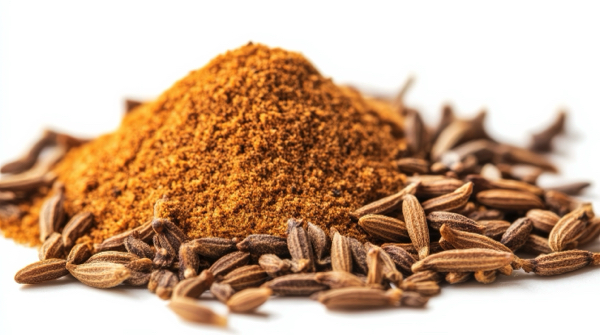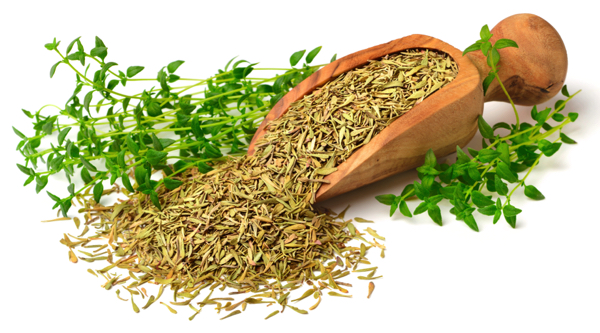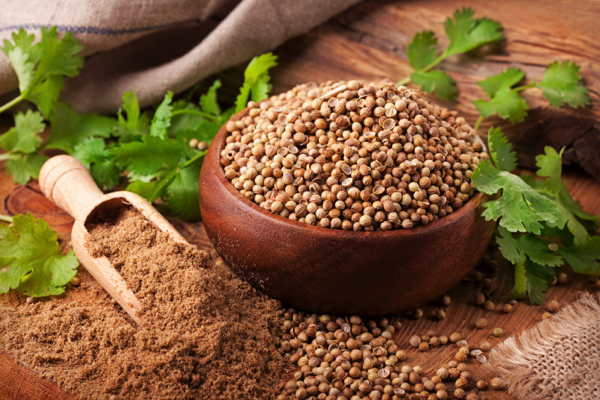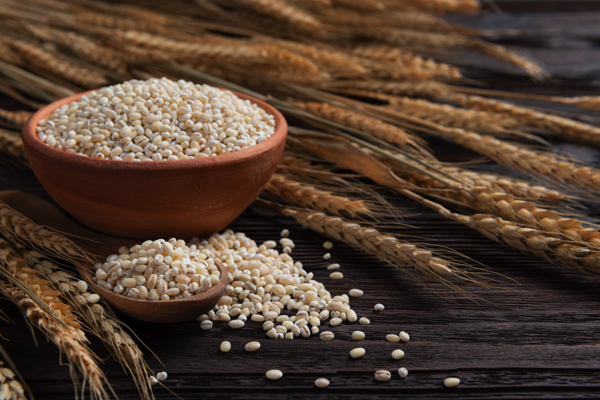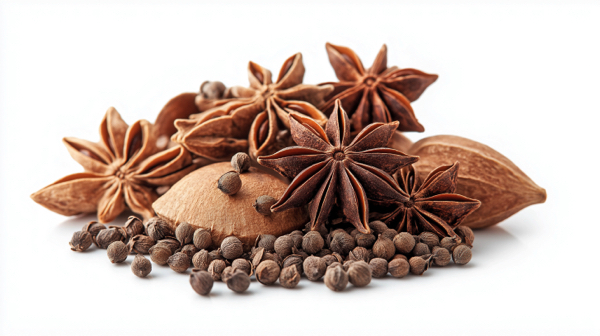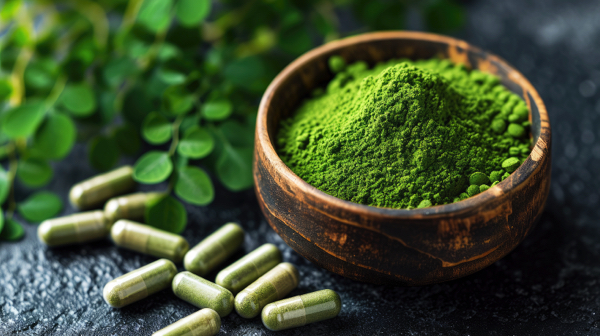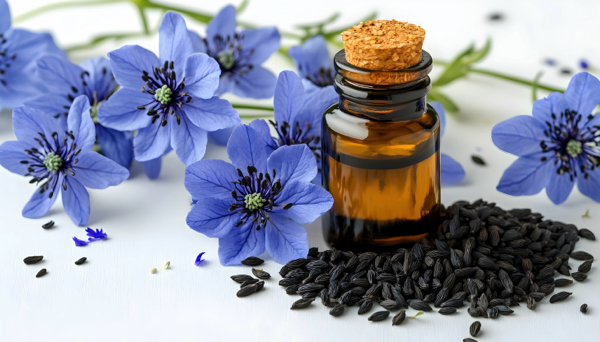Sesame seeds and oil: A natural boost for optimal health and wellness
11/14/2024 / By Olivia Cook

With a long history in traditional medicine, sesame seeds are often called upon to help treat various health conditions. Rich in bioactive compounds, these tiny seeds contain everything from antioxidants, essential amino acids, essential oils and healthy mono- and polyunsaturated fats to minerals and vitamins.
Known as the “queen of oil seeds,” sesame seeds are perhaps the oldest oil-rich seeds. The edible oil derived from these seeds is called sesame oil, which is one of the earliest-known crop-based oils.
Sesame seeds are strongly endorsed by Ayurveda and other traditional forms of medicine for stimulating body heat and energy. Sesame oil, on the other hand, is rich in omega-3 fats that help increase blood flow.
Health benefits of sesame seeds
Sesame seeds are rich in protein, vitamins, minerals and antioxidants. They are prized by various holistic and alternative medicines for their therapeutic properties and their ability to provide a boost for optimal health and wellness. Sesame seeds benefit your health in many ways.
Immune health
Packed with immune-supporting nutrients like vitamins A, C, E and B complex vitamins, as well as minerals like copper, iron, selenium and zinc, sesame seeds play a crucial role in helping the body produce white blood cells, which fight infections. If you have a zinc deficiency, these seeds can help replenish your levels and improve immunity.
Oxidative stress and chronic illnesses
Sesame seeds increase antioxidant activity in the blood, helping combat oxidative stress and protect against chronic illnesses. They are a rich source of gamma-tocopherol, a form of vitamin E that benefits skin health and may reduce signs of aging by protecting skin cells from environmental damage.
Chronic inflammation
Sesamin, a powerful anti-inflammatory compound, makes sesame seeds particularly beneficial in combating chronic inflammation. Reducing inflammation may lower the risk of cancer, cardiovascular issues, kidney diseases and obesity.
Blood sugar
Sesame seeds are low on the glycemic index and can help support blood sugar balance. A study published in Clinical Nutrition found that sesame oil when combined with antidiabetic medication, could lead to significant reductions in blood sugar levels. Magnesium in sesame seeds also helps prevent sudden spikes in blood sugar.
Blood pressure
Sesame seeds contain sesamin and sesamolin – two compounds shown to help manage blood pressure. Combined with the high magnesium content in sesame seeds, these compounds may contribute to lower blood pressure.
B vitamins and amino acids
Sesame seeds are a great source of B vitamins, which are essential for cell function, energy production and metabolism. A 30-gram serving of hulled sesame seeds (about three tablespoons) provides 19 percent of the recommended daily intake (RDI) for thiamine (B1), 8 percent of the RDI for niacin (B3) and 14 percent of the RDI for pyridoxine (B6), alongside other B vitamins riboflavin (B2), pantothenic acid (B5) and folate (B9).
With nearly 22 percent protein content, sesame seeds also provide essential amino acids the body can’t produce on its own – histidine, isoleucine, leucine, lysine, methionine, phenylalanine, threonine, tryptophan and valine.
Bone health
Consuming sesame seeds with the hull regularly provides a valuable source of calcium, which is especially beneficial for supporting bone health in women. However, these seeds naturally contain compounds like phytates and oxalates that can reduce nutrient absorption. To enhance the absorption of calcium and nutrients, try roasting, soaking or sprouting the sesame seeds as these methods can decrease phytate and oxalate levels by half.
Digestive health
Sesame seeds are an excellent source of dietary fiber, with about 3.25 grams per 30-gram serving of unhulled seeds – providing around 12 percent of the recommended daily intake. Fiber aids in managing body weight, helps reduce cholesterol and supports digestion, while also playing a role in controlling Type 2 diabetes.
Cholesterol and triglycerides
Sesame seeds contain a mix of fats – 39 percent monounsaturated fat, 41 percent polyunsaturated fat and 15 percent saturated – along with plant compounds lignans and phytosterols, which can support heart health by reducing “bad” cholesterol (low-density lipoproteins or LDL) levels. Regularly consuming about 40 grams of sesame seeds daily could lower total triglycerides by up to 10 percent.
Health benefits of sesame oil
Sesame oil is an excellent source of amino acids and fat-soluble vitamins. Consuming sesame oil may also help regulate blood sugar, treat arthritis, reduce inflammation and promote hair health. Like sesame seeds, sesame oil also benefits your health in may ways.
Baby massage and blood circulation
In Indian culture, sesame oil is commonly used for baby massage. This practice reportedly improves blood circulation and helps establish regular sleep patterns.
Hair and scalp
Sesame oil deeply moisturizes hair – helping to reduce hair loss, restore color and strengthen strands. Thanks to its antibacterial properties, sesame oil may also help alleviate dandruff and support scalp health.
Oral health
Rubbing sesame oil on your teeth or using it as a mouth rinse may help reduce bacteria, plaque and staining. Regular use can also offer relief from minor dental pain and help preserve the natural color of your teeth.
Skin health
Rich in zinc, sesame oil reduces dark spots, slows signs of aging like fine lines and wrinkles and supports skin elasticity. Regularly applying sesame oil can leave your skin feeling softer and may even protect against ultraviolet damage.
Anxiety
Sesame oil contains tyrosine, an amino acid that supports the production of serotonin – a key neurotransmitter that promotes feelings of calm and happiness. Massaging the oil into your skin can help you feel more at ease, reduce tension and stimulate positive thoughts.
Read more stories like this at NaturalCures.news.
Watch this video discussing four reasons why you should add sesame seeds to your diet.
This video is from the Groovy Bee channel on Brighteon.com.
More related stories:
Sesame seeds are packed with health benefits – here are 4 ways they help the body.
Sesame seeds may relieve liver damage caused by modern drugs.
Sources include:
Submit a correction >>
Tagged Under:
alternative medicine, Bible herbs, food cures, functional food, herbal medicine, natural cures, natural medicine, natural remedies, nutrition bank, Sesame oil, sesame seeds
This article may contain statements that reflect the opinion of the author
RECENT NEWS & ARTICLES
ReverseHeartDisease.News is a fact-based public education website published by Reverse Heart Disease News Features, LLC.
All content copyright © 2018 by Reverse Heart Disease News Features, LLC.
Contact Us with Tips or Corrections
All trademarks, registered trademarks and servicemarks mentioned on this site are the property of their respective owners.

